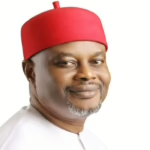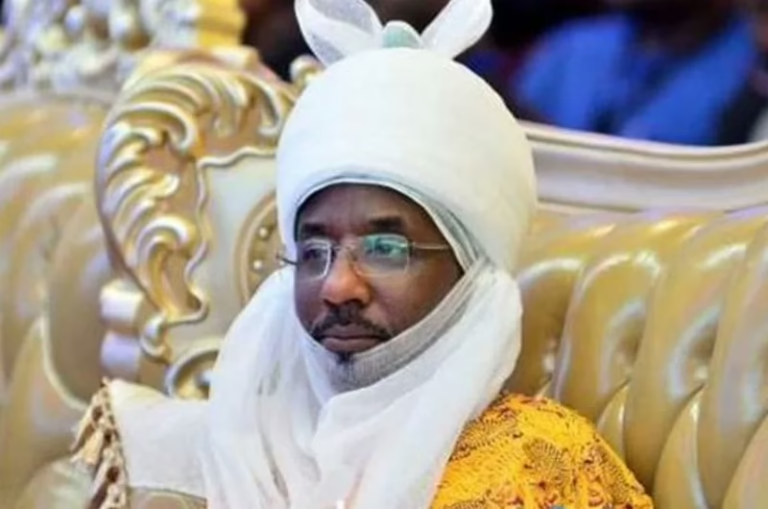Muhammadu Sanusi II, the 16th Emir of Kano and former governor of the Central Bank of Nigeria (CBN), has highlighted that enhancing education for girls and stabilizing the naira are crucial strategies to alleviate poverty in Nigeria.
Despite Nigeria’s abundant natural resources, the nation continues to grapple with widespread poverty, inflation, and economic instability. Although recent developments have shown some progress, millions still endure harsh living conditions marked by unemployment, inconsistent electricity supply, and escalating costs of living.
During a panel discussion on Nigeria’s economic prospects for 2030, hosted by ‘News Central,’ Emir Sanusi shared his insights on tackling poverty and fostering sustainable growth.
He emphasized that establishing economic equilibrium is fundamental to achieving the country’s broader development objectives.
One of Emir Sanusi’s key recommendations is to prioritize the education of girls, asserting that empowering women through education significantly uplifts families and communities. He remarked, “When a girl receives education, the entire nation benefits.” Educated women are better positioned to secure employment, launch enterprises, and enhance household welfare.
Addressing economic stability, the Emir pointed out that curbing inflation is imperative. He noted that disparities in wealth and inadequate regulatory frameworks hinder entrepreneurship and investment opportunities. Without a balanced economic framework-spanning taxation and governance-meaningful progress remains elusive.
Regarding currency challenges, Emir Sanusi identified the volatility of the dollar exchange rate as a major obstacle impacting business operations, education, and everyday life. While the Central Bank of Nigeria has taken steps to stabilize the naira, he stressed that further efforts are necessary. “A fixed dollar exchange rate would help lower inflation, strengthen the naira’s value, and attract both local and foreign investors,” he explained.
On fiscal management, the Emir acknowledged improvements in government revenue collection and deficit reduction. However, he urged a critical review of expenditure quality, particularly in infrastructure projects such as roads and power supply.
He underscored the importance of affordable and reliable electricity, noting that continuous power access would enable small businesses to thrive and expand across the country.
Emir Sanusi also called for patience and resilience in economic reforms. Reflecting on his tenure at the CBN, he shared that his inflation target was between 6 and 9 percent, whereas current rates have surged to around 20 percent.
He advocated for a comprehensive overhaul of financial policies and systems to effectively combat poverty.
Furthermore, the Emir reiterated that a robust education system is the cornerstone of economic advancement and poverty reduction. Education not only facilitates employment and entrepreneurship but also strengthens families and communities.
Finally, he emphasized the necessity of vigilant oversight of government expenditures as a critical measure to prevent poverty and promote sustainable development.






















